Second-hand clothing traders in Kenya are facing the possibility of increased taxes on imported garments, including the popular "mitumba" items, as the government considers a proposal to impose a 25 per cent duty on these imports.
The move, put forth by Investment, Trade and Industry CS Moses Kuria, aims to breathe new life into the country's struggling cotton industry.
The government's intention is to promote the domestic textile sector and address the influx of imported fabrics that have impacted the growth of local industries.
Kuria expressed his concern during a pre-devolution conference meeting in Eldoret with textile industry stakeholders, highlighting the need to bolster the textile industry for the benefit of Kenyan citizens.
"As a country, we have a rich textile sector, but it has been stifled by imports. The textile industry should be expanded to benefit Kenyans, and to encourage the sector to grow, we need to control imported fabrics," stated Kuria.
Read More
He lamented the fact that the sector currently employs around 50,000 individuals, a number far below the potential of a thriving value chain.
Kuria announced that the government would be presenting a Bill within the current financial year, proposing the imposition of a 25 per cent tax on imported textiles.
This measure would position imported garments, including second-hand clothes, as luxury items.
"For us to revive the textile industry, Kenyans should consume more of our locally made clothes. But that’s not the case at the moment because mitumba and other imported fabrics are now our main source of clothing. We should reverse this trend," he emphasized.
The CS also addressed the appeal of second-hand clothes, noting that their affordability is a driving factor behind their popularity.
He pledged that the government would ensure the availability of reasonably priced fabrics to encourage mitumba traders to consider local alternatives.
"One of the reasons Kenyans flock to mitumba is the perception that they are cheap. In the future, we will create an alternative for the mitumba where they will have access to cheap and durable clothes for sale," he assured.
Furthermore, Kuria called upon regions known for cotton production to intensify their efforts.
He urged these areas to focus on yield optimization rather than solely relying on seminars and workshops.
"We intend to give incentives to counties that explore their potential in cotton production. We will give them commercial ginneries with full boards and make them semi-autonomous," Kuria detailed, highlighting the significant role counties play in supporting cotton farmers.
During a visit to the Rivatex factory, Kitui Governor Julius Malombe and West Pokot Governor Simon Kachapin echoed the sentiment, emphasizing the importance of fair payment for cotton-producing farmers.
Both leaders noted the untapped potential of the sector and expressed their commitment to encouraging greater cotton cultivation.
"Farmers need a guarantee of payment because they are very willing to grow cotton," remarked Dr Malombe, while Mr Kachapin added, "We need to encourage our farmers to grow more cotton. There is a lot of potential in the sector."
The proposed tax increase has ignited a lively debate, raising questions about its potential impact on both the mitumba trade and the broader Kenyan textile industry.
As the government aims to strike a balance between revitalizing domestic industries and ensuring affordable clothing options for citizens, stakeholders from various sectors eagerly await the outcome of this proposed legislation.

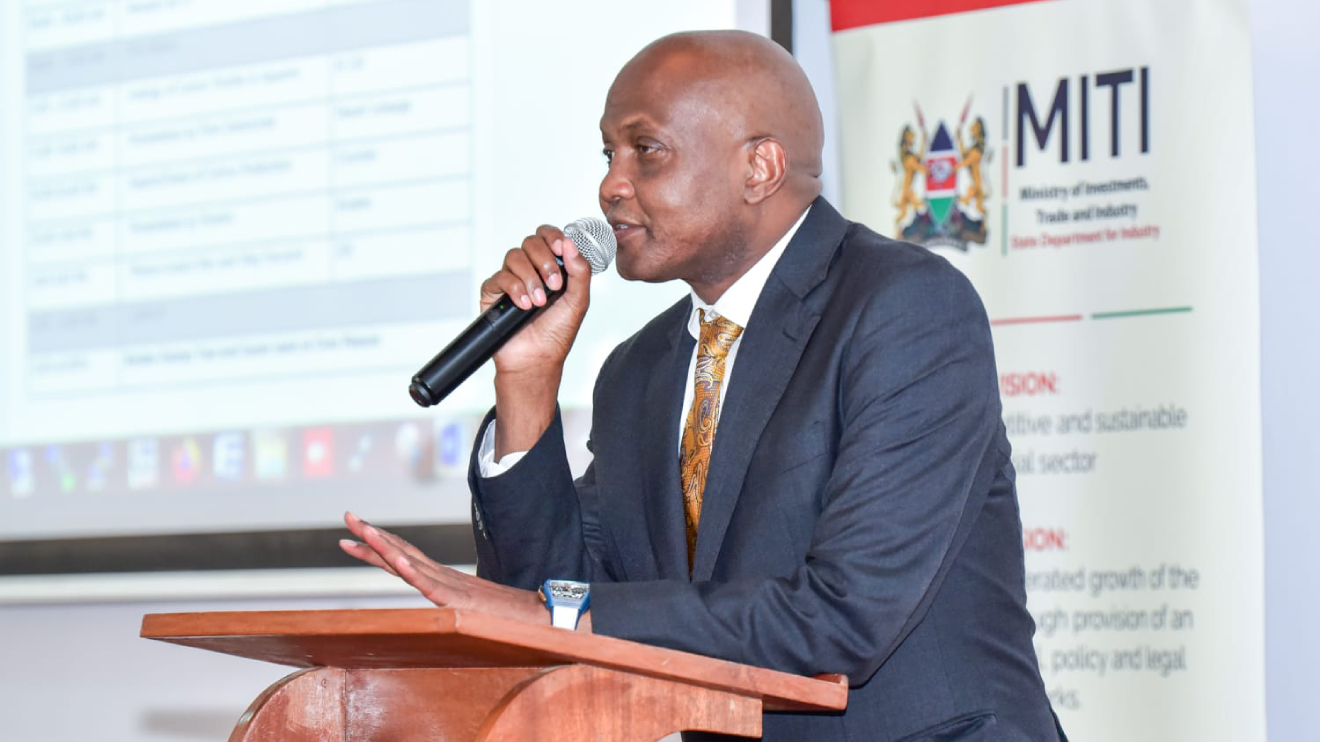
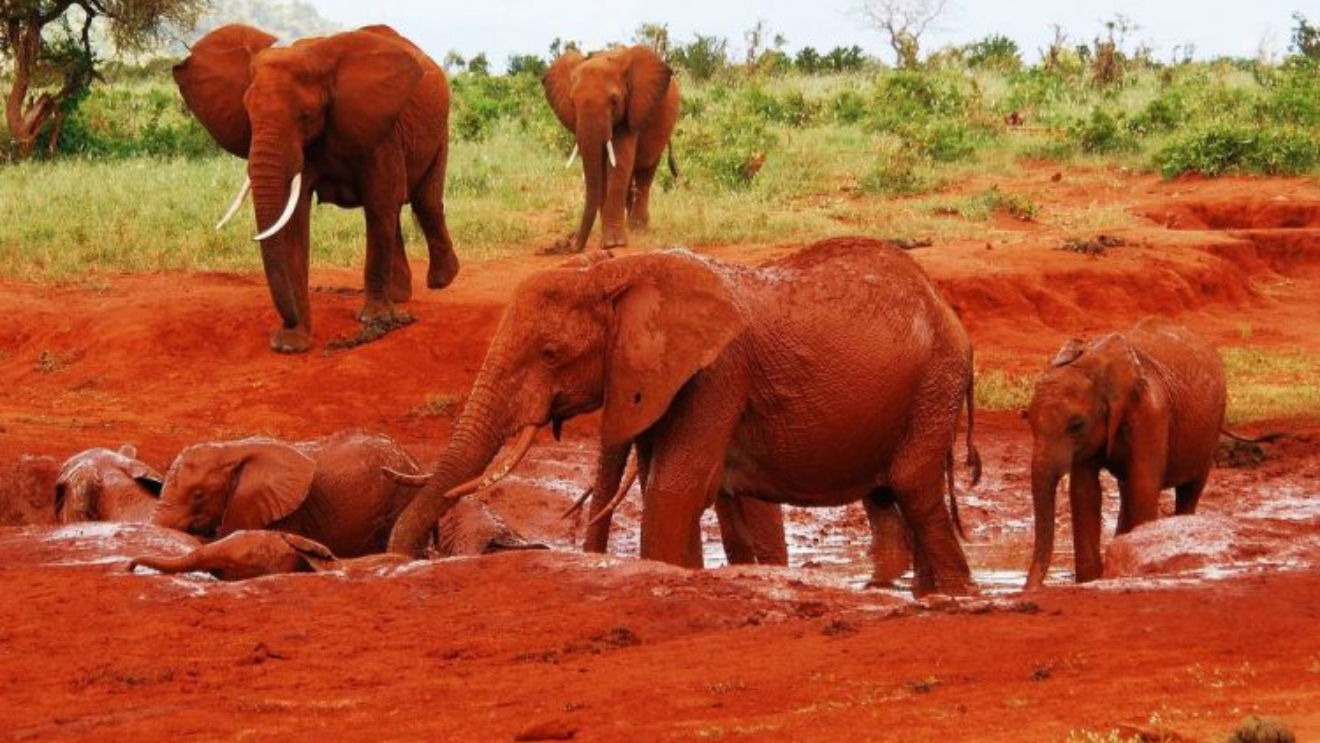
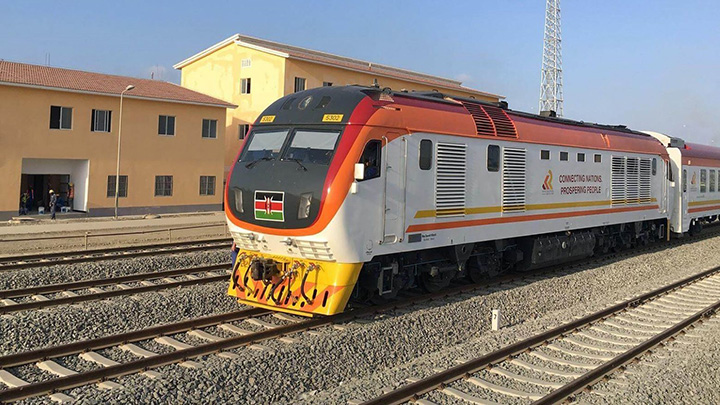

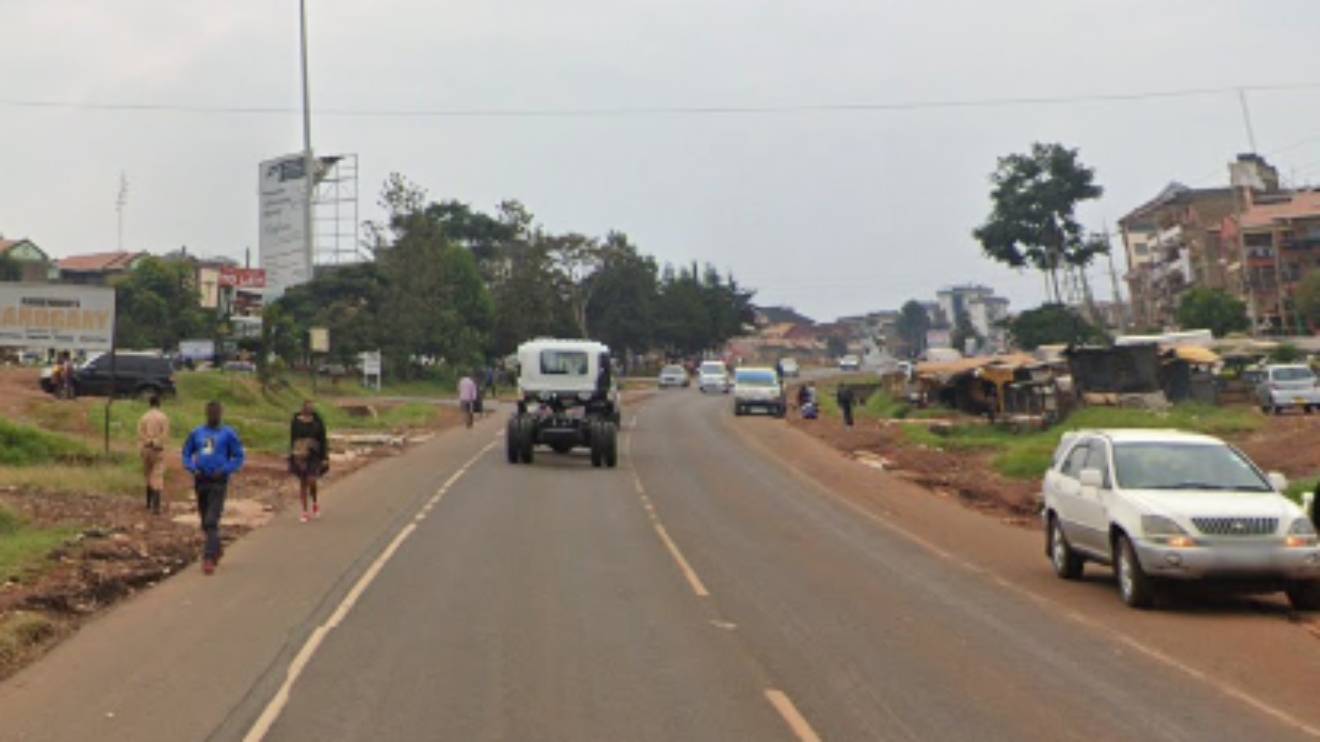
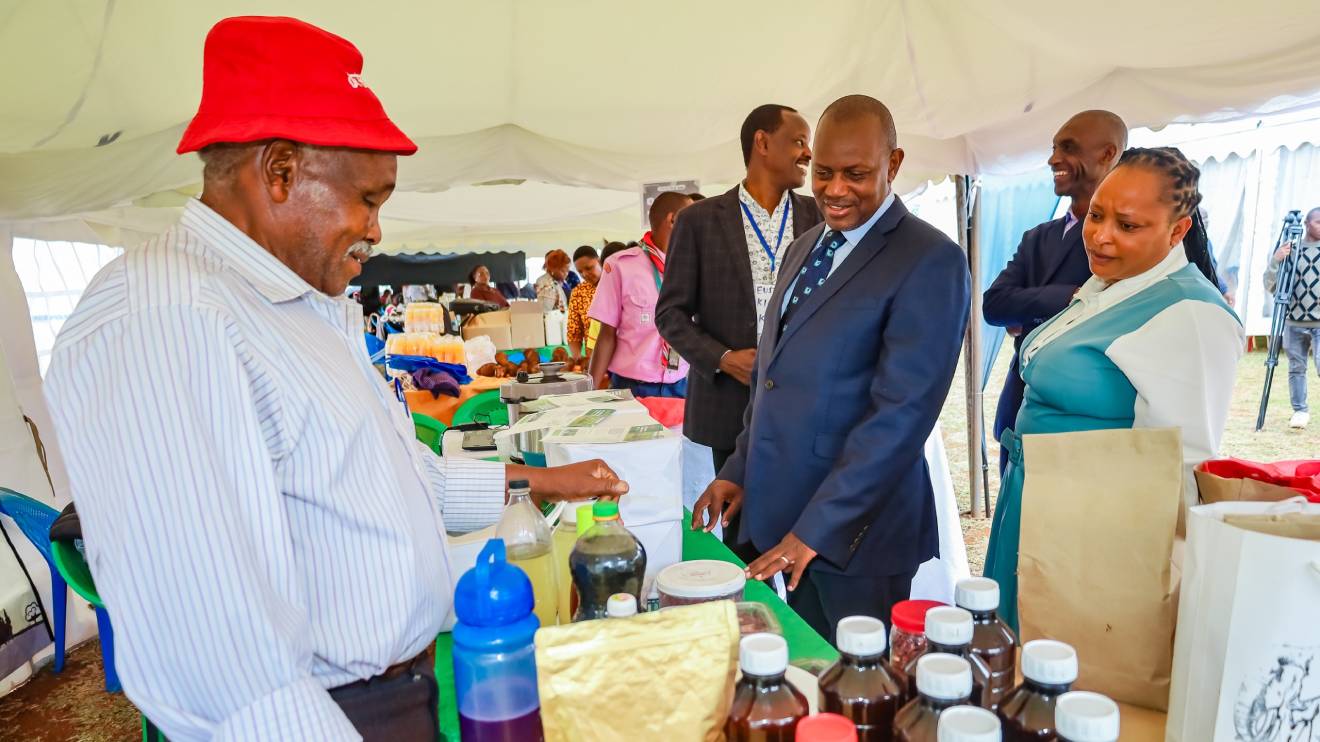

 (1)-1752516757.jpg)
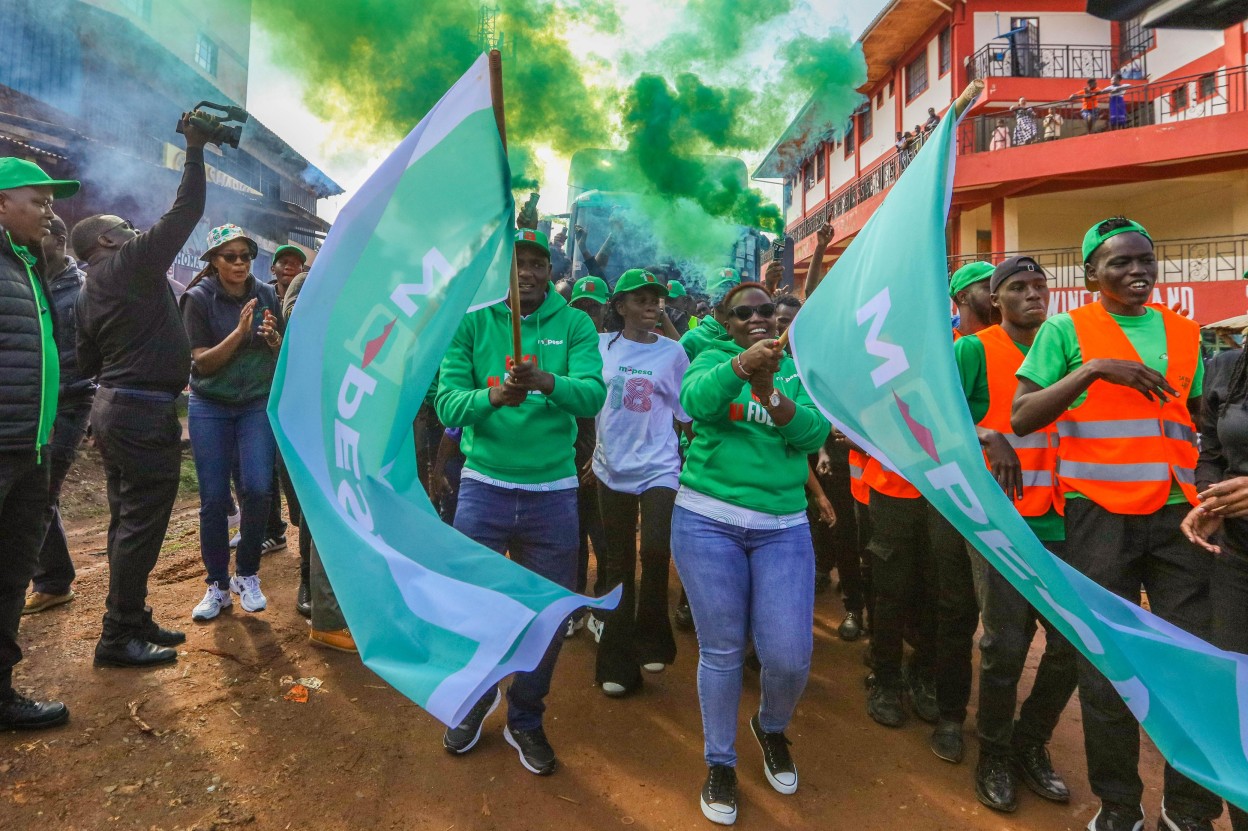
 (1)-1746786193.jpg)

 (1)-1752442958.jpg)